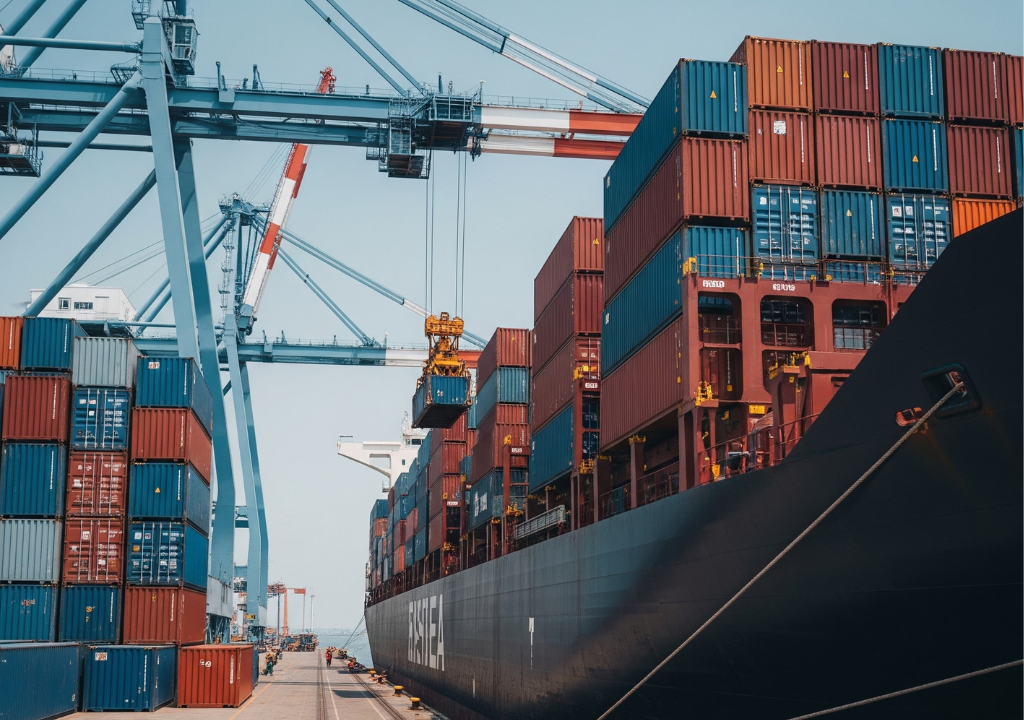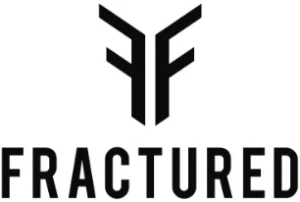FRACTURED EDIT
The Journey of Your Clothes

We love fashion, but it’s crucial to understand where our clothes really come from. The journey from a designer’s sketch to your wardrobe is often a long and complex one, filled with hidden steps and potential pitfalls. At Fractured, we believe in shedding light on these unseen realities, empowering you to make truly informed choices.
Let’s pull back the curtain on the fashion supply chain and explore what often goes unnoticed.
The Invisible Threads: A Journey Through the Supply Chain
Most of us only see the finished product – the beautifully displayed garment in a store or online. But here’s a glimpse into the intricate and often opaque process that precedes it:
- Raw Material Sourcing: This is where it all begins. It could involve cotton farms, textile mills, leather tanneries, or synthetic fibre production. The environmental and social impacts at this stage can be immense, from water-intensive cotton farming to toxic chemical use in tanneries.
- Manufacturing: This stage encompasses everything from spinning and weaving to dyeing, cutting, and sewing. Factories are often located in developing countries, where labor costs are lower, but working conditions can be poor, and wages are often far from a living wage.
- Finishing and Embellishment: This includes washing, printing, adding embellishments, and other processes that can involve further chemical use and energy consumption.
- Transportation: Garments travel across continents, often by sea, air, or road, contributing significantly to greenhouse gas emissions.
- Distribution: From warehouses to retail stores, the final stages of the supply chain involve further handling, packaging, and transportation.
The Dark Side of Opacity: How Hidden Steps Enable Harm
The complexity and lack of transparency within the fashion supply chain create opportunities for exploitation and environmental damage:
- Labour Exploitation: The pressure to keep prices low often leads to poor wages, unsafe working conditions, and even forced labor in some factories. The lack of visibility makes it difficult to hold brands accountable.
- Environmental Degradation: From water pollution from textile dyeing to deforestation for leather production, the hidden steps of the supply chain can have devastating environmental consequences.
- Lack of Traceability: Without transparency, it’s difficult to know the true origin of a garment and its impact. This makes it challenging for consumers to make informed choices and support ethical and sustainable brands.
Fractured’s Commitment: Shining a Light on the Supply Chain
We believe that transparency is essential for creating a more sustainable and ethical fashion industry. That’s why at Fractured, we:
- Partner with brands that prioritise transparency: We carefully vet our brands to ensure they are open about their supply chains and committed to ethical and sustainable practices.
- Provide information to empower consumers: We share details about the materials, production processes, and ethical sourcing practices of the brands we feature.
- Advocate for change: We support initiatives that promote transparency and accountability throughout the fashion industry.
Making Conscious Choices: What You Can Do
As consumers, we have the power to demand change. Here are some steps you can take:
- Ask questions: Inquire about a brand’s supply chain and ethical practices.
- Support transparent brands: Choose brands that are open about their production processes and committed to fair labor and environmental sustainability.
- Look for certifications: Seek out certifications like Fair Trade, GOTS, and OEKO-TEX, which indicate adherence to specific ethical and environmental standards.
- Buy less, choose well: Opt for quality over quantity and invest in garments that are made to last.
By demanding transparency and supporting brands that prioritise people and the planet, we can collectively work towards a more ethical and sustainable fashion future.






